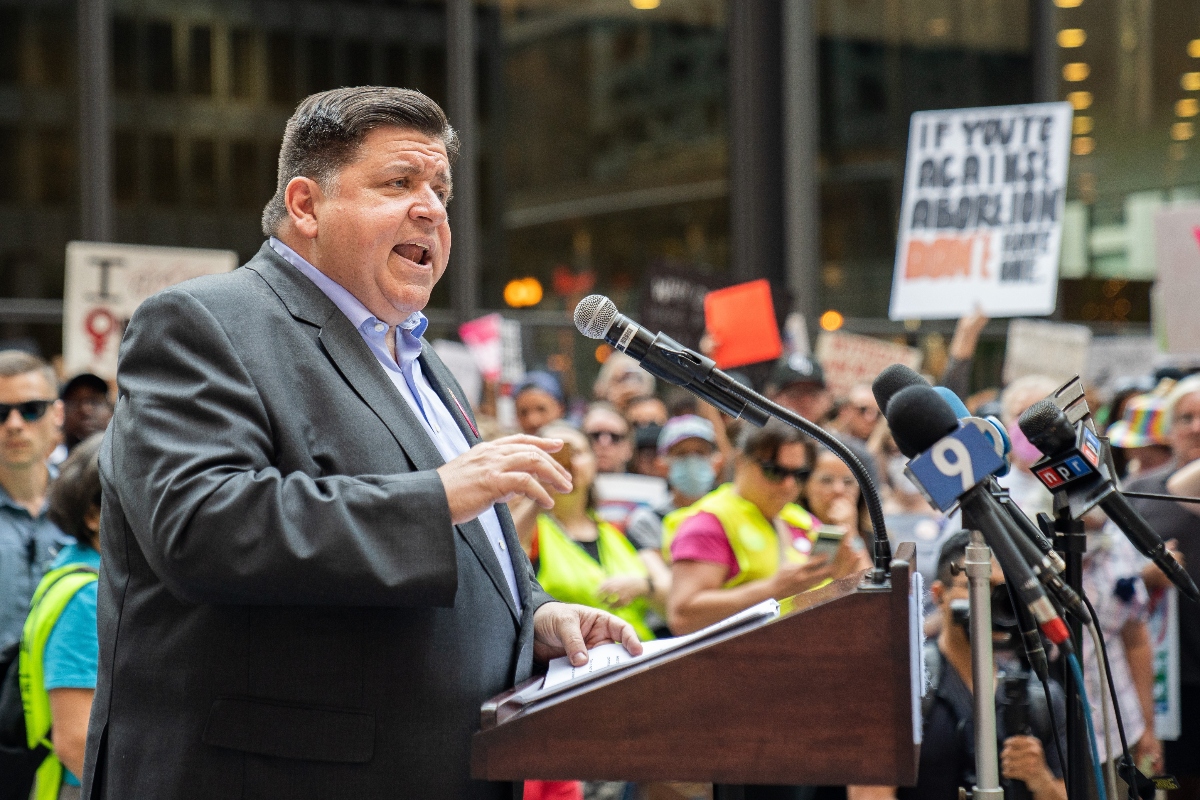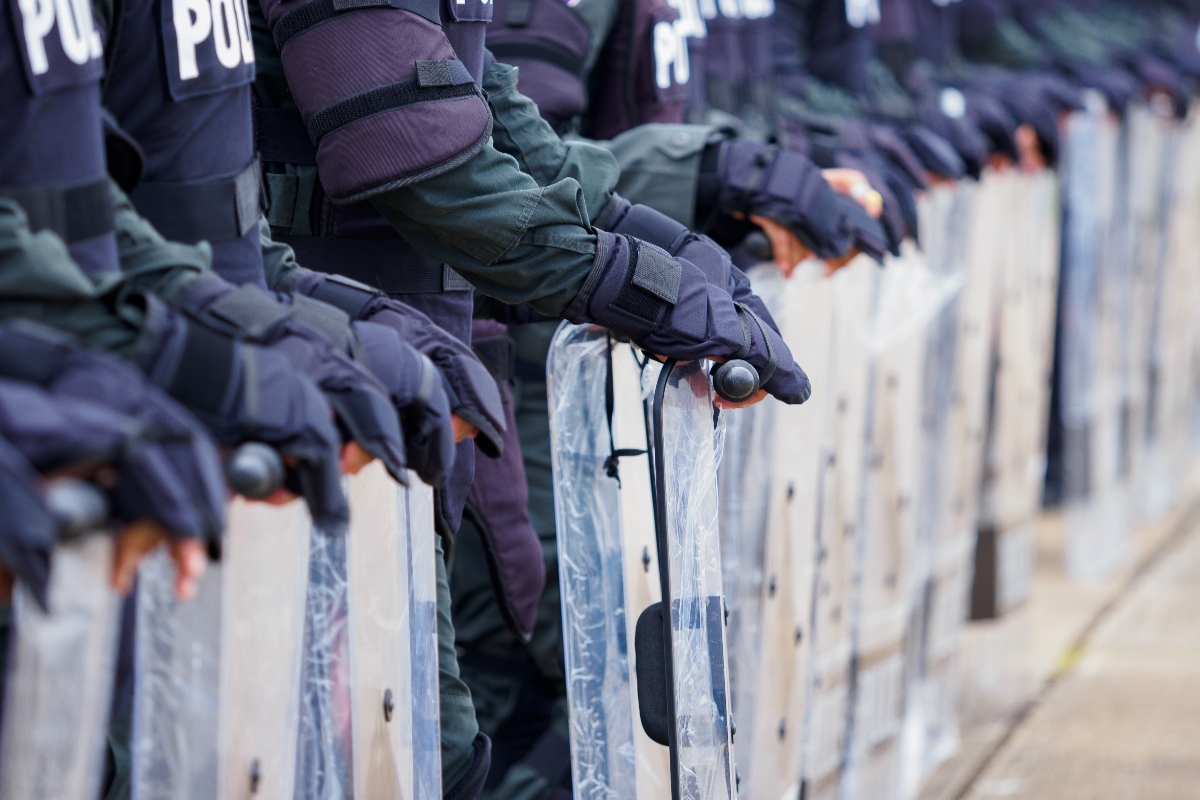President Donald Trump’s administration formally requested the use of Naval Station Great Lakes, located north of Chicago, to support Department of Homeland Security(DHS) immigration operations.
The plan calls for the base to serve as a logistics point for ICE (Immigration and Customs Enforcement) agents and possibly the National Guard to conduct raids in the city and surrounding areas. The proposal is part of Trump’s strategy to intensify pressure on sanctuary cities controlled by Democrats, such as Chicago, New York, Los Angeles and Portland.
Immediate rejection by local authorities

Illinois Governor J.B. Pritzker and Chicago Mayor Brandon Johnson immediately rejected Trump’s plan, stressing that it is an unnecessary and dangerous measure.
According to both, Chicago has recorded a drop in violent crime in 2025, so there is no justification for militarizing the city.
For their part, Senator Tammy Duckworth and Senator Dick Durbin denounced the measure as an “authoritarian” and “unconstitutional” step that threatens to undermine basic civil rights.
For them, Trump is using the insecurity narrative as an excuse to justify harsher immigration policies.
Arguments of the Trump administration

Trump has publicly defended the proposal by pointing out that Chicago continues to lead nationally in homicide numbers, with 573 deaths in 2024, even though the country as a whole has experienced a 22% decrease in violent crime in 2025.
Chicago has seen a decline in violent crime in 2025
QuéOnnda.com
According to the White House, the presence of agents at the base would facilitate rapid operations in the city.
Enabling “restoring order” in areas where – according to his vision – local governments have failed to cooperate with federal authorities.
Legality under scrutiny

Possible constitutional violations
Legal experts warn that this measure could violate the Posse Comitatus Act.
A law prohibiting the use of armed forces in internal order tasks without special authorization from Congress.
Only through the Insurrection Act could the president, in this case Trump, legally justify military mobilization.
However, this would open a scenario of strong political and judicial confrontation.
Previous court rulings
In other states, federal judges have already stopped tactics considered abusive, such as indiscriminate arrests based on appearance or language.
Therefore, analysts anticipate that this strategy could face immediate challenges in federal courts.
For more information, visit QuéOnnda.com.























